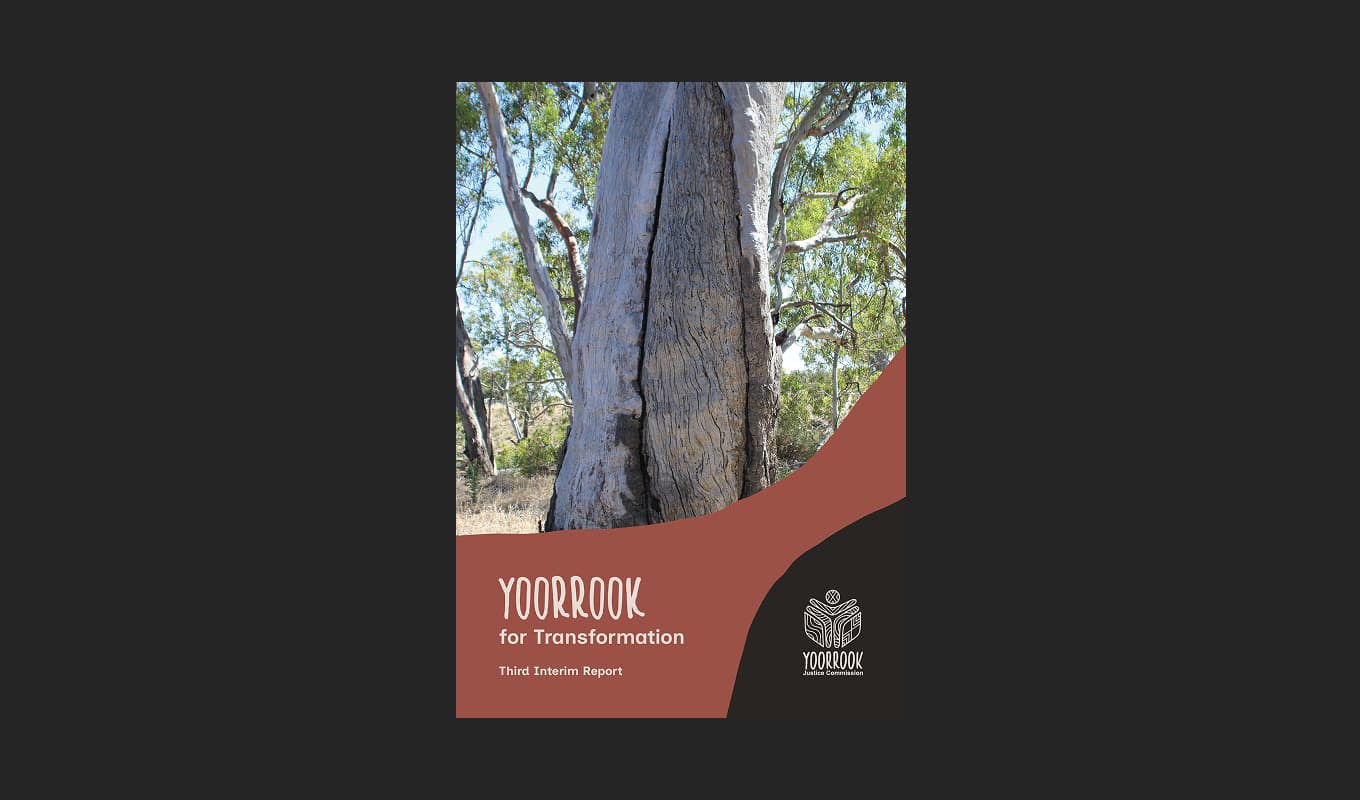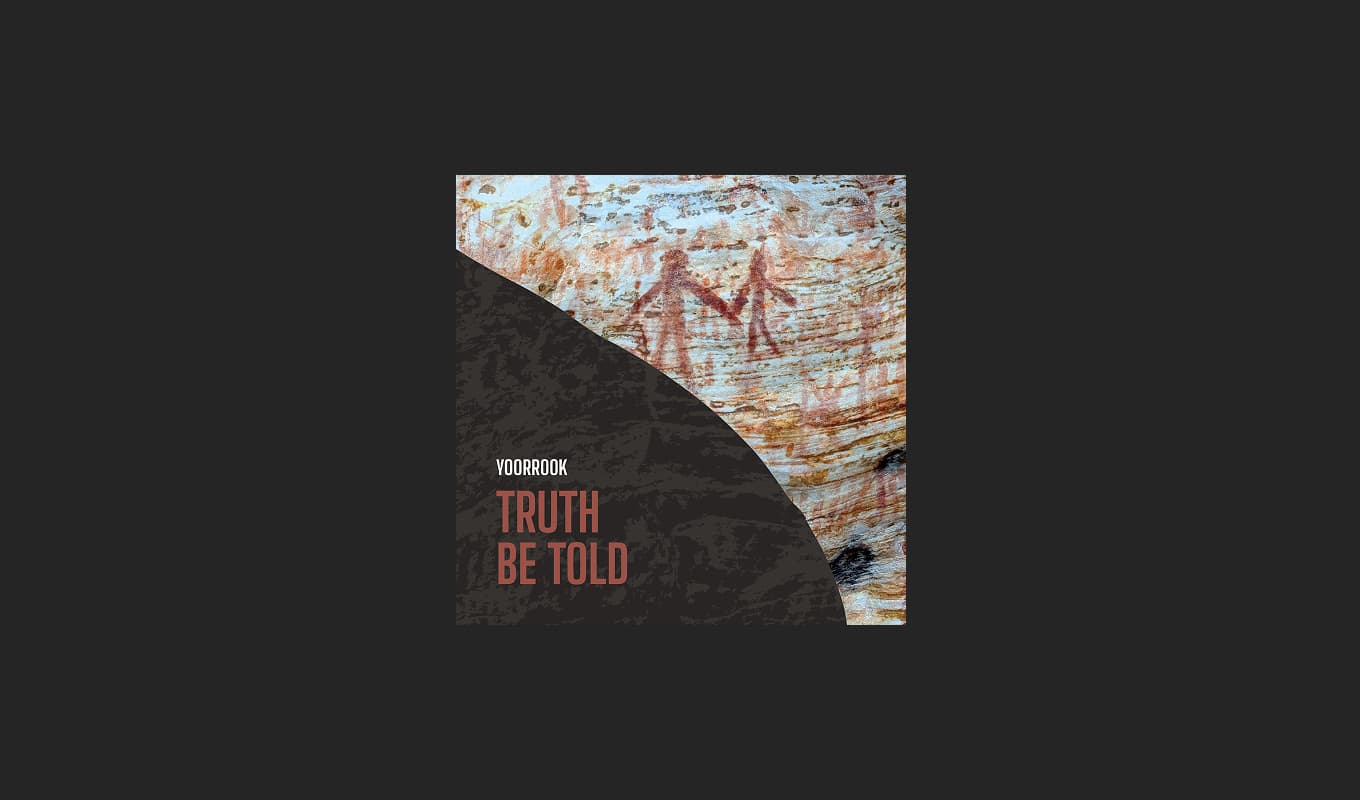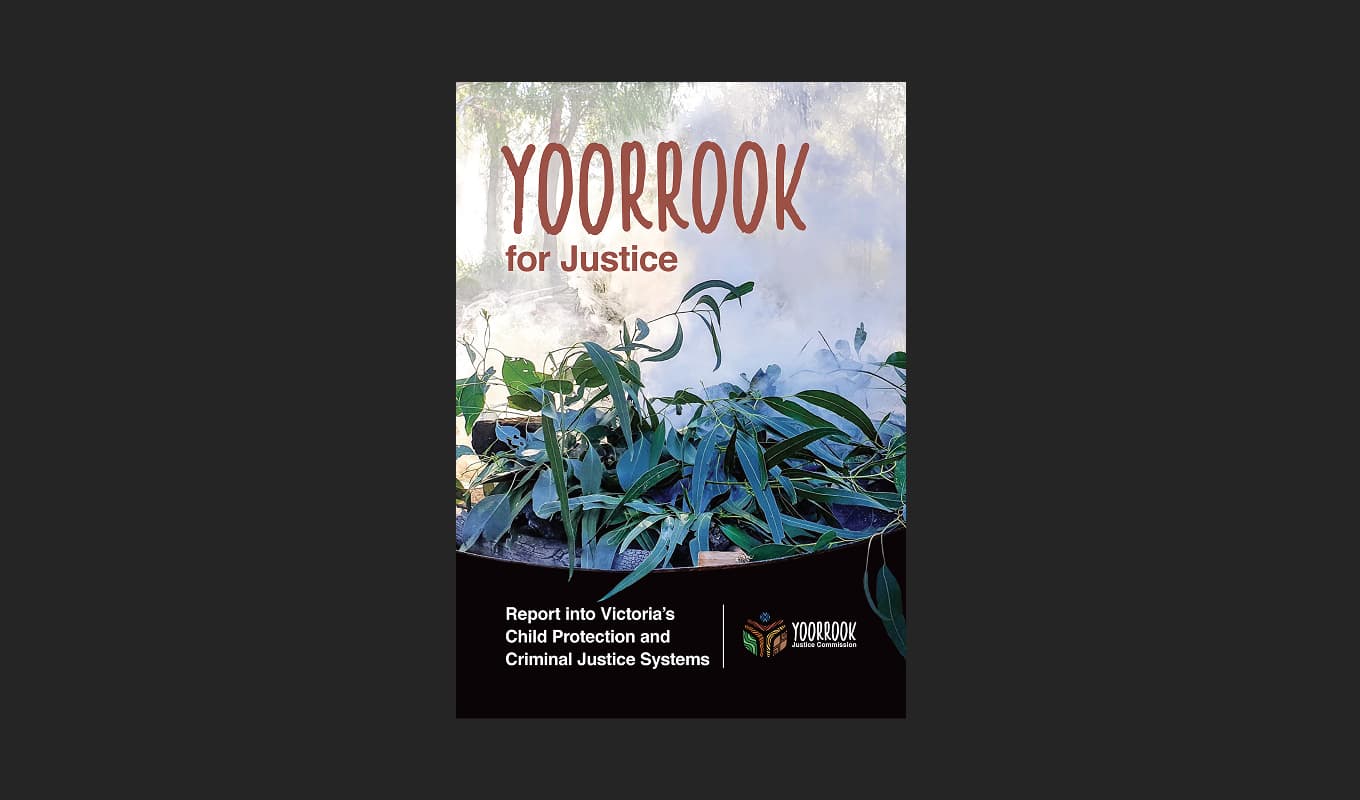Anonymous 1251
Anonymous 1251 highlights the violent and unfair colonisation of Victoria, noting the Western-centric values in government and education systems. They advocate for comprehensive education on the true history of Australia, more recognition of First Nations voices, and promoting their history and culture year-round, not just on National Sorry Day.
Submission Transcription
I know that Australia was originally a land for First Nations people, and that it was taken from First Nations people in a violent, and unfair way. They were pushed out, and Australia- or Victoria specifically, has been treated as if it was originally a White Man’s land. The values of our government, the legal system, education system have all been pandered towards a more Western culture, and even work against First Nations people. First Nations people are the rightful owners of this land.
When I was younger, in 2007 in Grade 2 was the first time I learnt about colonisation, however at that time it was referred to as when Australia was discovered. We learnt about Captain cook, but I have no memory of learning about the hardships faced by First Nations people. I think the first time I learnt the true history (or as close to true as it was taught) was in highschool or late primary. I think that hiding history, or sugar-coating history from young children is not good, and created a wrongful image of Australia.
Changes in the Education system, so people learn about the true history of Australia. I think historical moments like the first and second world war are talked about in such great detail, and furthermore treated with great respect through ANZAC day and Remembrance day. However, the impact of colonisation of First Nations people is not talked about nearly as much. I believed that National Sorry Day is the only date I can think of that is meant to remember the impact of colonisation against First Nations people, but it was not talked about enough and kind of ‘swept under the rug’. It also in my opinion is not good enough to have a ‘day’ where we remember the wrongful acts against First Nations people, so much more should be done.
Allowing First Nations people’s voices to be heard, and creating spaces where they are treated as equals, and allowed to speak freely about their experiences without being put under the gaze of Western culture.
Allowing First Nations people’s voices to be heard, and creating spaces where they are treated as equals, and allowed to speak freely about their experiences without being put under the gaze of Western culture.
Truth-teller consent
Contact us about this submission
Contact us if you’d like to discuss this submission.
Similar submissions
Explore submissions from other witnesses that discuss similar topics.
Viki Sinclair (Fowler)
Viki Sinclair is a direct descendant of one of the original settlers of Gippsland, Colin McLaren. In this submission, she tells her personal story of... more
Prof. Mark G. Brett
Prof. Mark G. Brett's paper, "Reinventing Waste Land as a Colonial Legal Fiction," explores the historical development of the concept of waste land fr... more
Barbary Clarke
Barbary Clarke and Jason Clarke, descendants of Alfred Deakin and William John Turner, also known as Big Clarke, discuss aspects of their family's his... more
Reports and Recommendations
Read the official reports and recommendations of the Yoorrook Justice Commission.

Yoorrook for Transformation
Third Interim Report: A five-volume comprehensive reform report presenting evidence and findings on systemic injustices, and specific recommendations for meaningful change to transform the future.

Truth Be Told
An official public record that documents First Peoples experiences since colonisation, preserves crucial testimonies for future generations and creates an enduring resource for education and understanding.

Recommendations for change
Yoorrook Justice Commission’s recommendations for truth-telling, justice, and systemic reform in Victoria.

